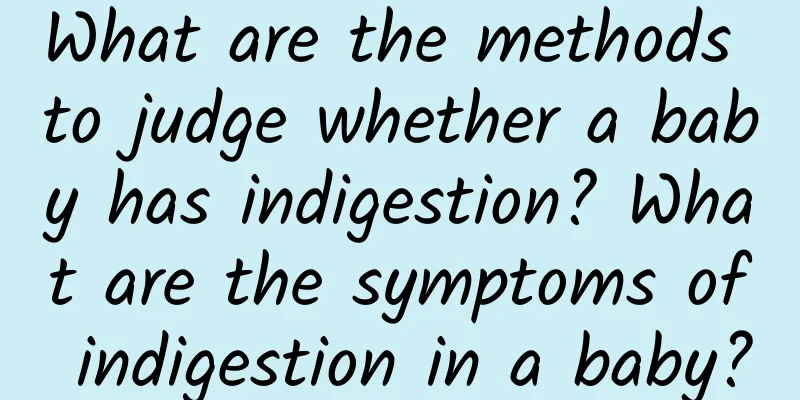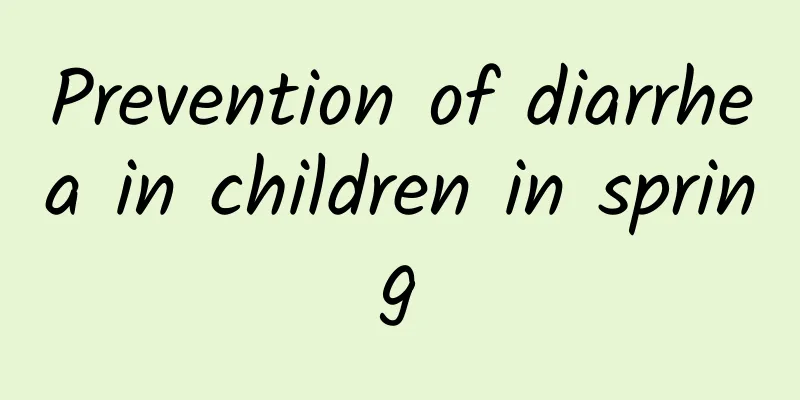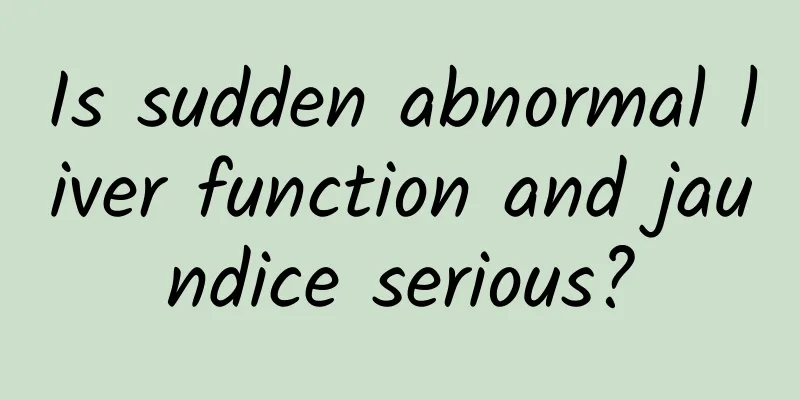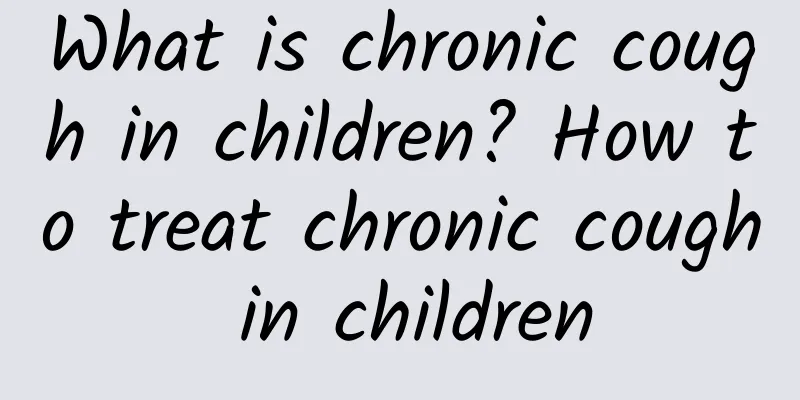What is infantile convulsion? What are the common manifestations of infantile convulsion?

|
Convulsions are a manifestation of temporary dysfunction of brain neurons. In severe cases, they may endanger the life of the baby. The main causes include hypoglycemic encephalopathy, neonatal hypoxic-ischemic encephalopathy, neonatal intracranial hemorrhage, neonatal purulent meningitis, and congenital central nervous system malformations. Neonatal convulsions are common in clinical practice. Under normal circumstances, it is necessary to use sedative drugs to effectively relieve the symptoms of neonatal convulsions. At the same time, it is necessary to actively seek a clear diagnosis of the cause, and if necessary, check blood sugar, brain CT, liver and kidney function, electrolytes, etc. So, what is going on with infant convulsions? 1. Intracranial diseases Hypoxic-ischemic encephalopathy accounts for 60%-70% of the causes of convulsions, and convulsions usually occur within 24 hours after birth. For hypoxia and traumatic intracranial hemorrhage at birth, convulsions usually occur 2-3 days after birth. Cerebral infarction is usually middle cerebral artery infarction, and convulsions usually occur 1-4 days after birth. 2. Infection It is more common in meningitis, encephalitis, brain abscess, sepsis, tetanus, etc., with purulent meningitis and sepsis. Infants with intrauterine infection will have convulsions within three days after birth, and postnatal infection is more common within one week after birth. Convulsions caused by neonatal fever are rare. 3. Metabolic abnormalities Convulsions caused by hypoglycemia occur more than 3 days after birth; hypocalcemia, hypomagnesemia, hypercalcemia or hyponatremia; vitamin B6 deficiency can all cause convulsions, and the use of sedatives is ineffective. 4. Drug overdose Drug overdose or poisoning. Many drugs can enter the fetus through the placenta. The drug supply is suddenly interrupted after delivery. Convulsions often occur within 6 hours after birth and return to normal within 24-48 hours. 5. Congenital central nervous system malformations Hydrocephalus, cerebral hypoplasia, microcephaly, etc. can cause convulsions. Usually, during a baby's convulsion, the baby needs to be placed on the side of the bed with the collar loosened. Parents should never move the baby, keep quiet, and reduce stimulation to the child. Do not pick up the child or call loudly during a convulsion, and place a pad between the baby's upper and lower teeth to prevent the baby from biting the tongue. You can also use a tongue depressor wrapped in gauze. Babies will not cough or swallow during convulsions, so let the baby lie on his side and let the secretions in the mouth flow out by themselves. If the baby secretes too much, suck with a straw, pay attention to the baby's breathing, and make sure the breathing is smooth. In order to avoid suffocation caused by obstruction suffocation, eating and drinking, including drinking water, should also be avoided during a convulsion. When the convulsion stops and wakes up consciously, give liquid or semi-liquid according to the situation. |
>>: What to do if a child has convulsions? What are the precautions for convulsions in children?
Recommend
The dangers of ADHD in children
Attention deficit hyperactivity disorder (ADHD) i...
What are the five common types of Kawasaki disease?
Nowadays, some people do not take minor health pr...
Signs of neonatal jaundice disappearing
Signs of neonatal jaundice disappearing Neonatal ...
How to treat hand, foot and mouth disease in a four-year-old child
The treatment of hand, foot and mouth disease in ...
Is the incidence of tonsillitis in children high? What are the causes of tonsillitis in children?
Tonsillitis in children is mainly caused by viral...
Which hospital is better for treating acute laryngitis in children?
Experts say that children with acute laryngitis s...
What measures can be taken to prevent acute mumps
What measures can be taken to prevent acute mumps...
What should I do if my child keeps coughing?
When children are always coughing, they can be tr...
Can pneumonia in children be cured?
Pneumonia is a common clinical disease in childre...
What are the symptoms of convulsions in children
Pediatric convulsions are a common emergency in i...
How to treat baby's indigestion What are the hazards of baby's indigestion
Babies are in an important period of growth and d...
What to do if your child has phlegm in his throat
When a child has phlegm in his throat, he can be ...
Is mumps contagious in children?
Mumps is contagious and is mainly spread through ...
Causes of diarrhea in children include
The causes of pediatric diarrhea mainly include g...
What is ALD?
ALD, or adrenoleukodystrophy, is a rare genetic d...









